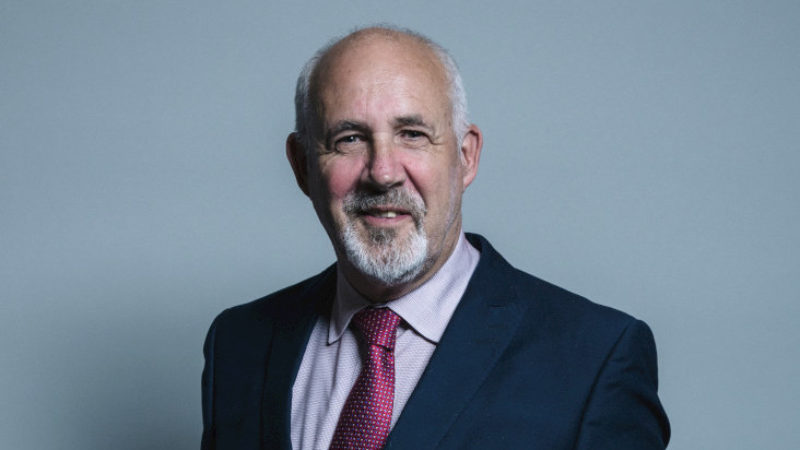
When you sit down and think about it, there is quite a difference between wealth on the one hand and income on the other. There is more wealth in our country than ever before. The richest 250 people in the UK saw an increase of £106bn in their wealth since the beginning of the pandemic. But there was a crisis for many because their income was so low that it led to a 33% increase in the use of food banks.
It reminds me of the old socialist fable about the bakers who are so busy arguing amongst themselves over the share of the cakes they make that they don’t notice it’s the person who owns the bakery whose wealth is increasing year on year.
When it comes to wealth versus income, there is something odd about the way in which we arrange our tax system. We tax income, but we don’t – by and large – tax wealth. And we tax income from work, but we tax unearned income at a lower rate. Corporation tax on company profits produces only a quarter of the amount that the Treasury receives from income taxes.
Next week, cuts are on the cards in Rishi Sunak’s autumn statement. The Chancellor has asked government departments to find “at least 5% of savings and efficiencies from their day-to-day budgets”.
A decade of austerity crippled our public services. The pandemic exposed this policy failure for the disaster it was. When our people needed the state to keep them safe, our brave key workers just didn’t have the resources they needed. A fresh wave of cuts would be reckless to the point of negligence.
The Tories may argue that there is no magic money tree. But there is a huge amount of untapped riches, which at present are either lying unproductive in the bank accounts of the richest or hidden away in offshore schemes. It’s time we taxed wealth, and today my office has published a report that proposes a radical overhaul of our tax system.
The report offers four different options for a wealth tax, including a one-off tax, an annual tax and a hybrid tax targeting increases in wealth. I have also included proposals for bringing dividends and capital gains in line with income tax, closing the loopholes used to avoid or evade tax and tackling big companies hoarding cash in reserves.
The report shows that the median revenue of the four wealth tax options would come to £218.4bn over the course of a five-year parliament. Bringing dividends and capital gains taxes into line with income tax would raise £37bn and £90bn respectively. Closing tax avoidance loopholes and tackling tax evasion would raise a total of £145.5bn. Approximately £490.9bn in additional revenue could be raised over a period of five years. It should be said that these are conservative estimates, which take account of possible behavioural changes and administration costs.
These measures would make more money available for our neglected public services. We could afford to plug the social care funding gap and to give our key workers a pay rise. We could reverse local government and education cuts. We could rebuild Britain into a dynamic green economy that can compete with the best in the world.
Crucially, these measures are also an important way of reducing extreme wealth inequality. Our political system has been rigged in favour of global corporations and the super-rich. The Pandora papers have shown they play by a different set of rules to the rest of us.
It is often said that the left only knows how to tax and spend. Although this is clearly not true, I would strongly argue that a primary task of any wealth tax should be to invest in new dynamic green industries, which are highly productive and lead to a new generation of skilled jobs.
A part of this transformative economic agenda should be the aim to drive up the output of all regions in the country, so many of which have been held back as a consequence of what has effectively been a corporate investment strike.
We are publishing data showing that a large scale investment drive in all the held-back regions of the UK would create an additional £220bn of economic activity per year. This would allow us both to pay a real living wage to all workers and to refinance our public services.
I will be leading a series of live discussion events in the coming weeks and I encourage LabourList readers to get involved. A wealth tax can help us fund a transformative economic agenda, based on a highly productive green economy and on the principle of social justice.




More from LabourList
‘Tackling poverty should be the legacy of Keir Starmer’s government’
‘The High Court judgment brings more uncertainty for the trans community’
‘There are good and bad businesses. Labour needs to be able to explain the difference’